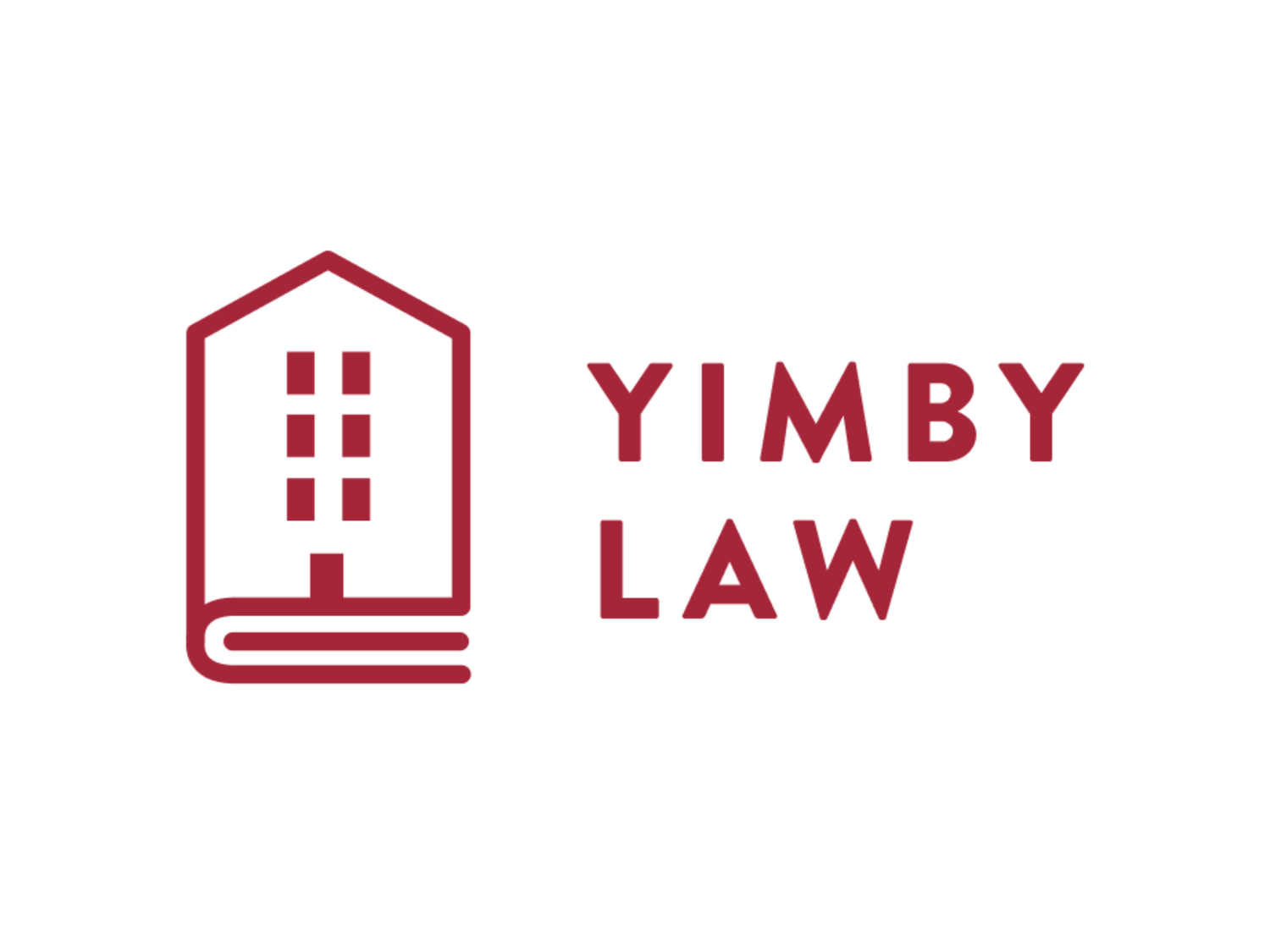STATUS: VICTORY!
IS GROUP HOUSING — HOUSING?
This is the question at the heart of our lawsuit with Simi Valley, which we have won at the superior court level. In this case, the proposed project is a non-medical residential care facility (similar to a nursing home, a medical residential facility), also known as specialized senior housing. This is a type of group housing because there is one kitchen - a cafeteria - that serves all of the residents. Other examples of group housing are student dorms and “single room occupancy” or SROs.
The Applicant, JM Squared Development, LLC, proposes constructing and operating a 108-unit residential care facility with 68 assisted living units and 40 memory care units on a vacant 1.6-acre portion of a 19.2-acre site on Cochran Street. The remaining 17.6-acres is proposed to remain undeveloped. Here is the staff report from the planning commission hearing.
The Simi Valley City Council turned down the proposed project, claiming the Housing Accountability Act does not apply because assisted living isn’t housing. The City Council affirmed the Planning Commission’s disapproval of the housing on November 4, 2020. Here is the staff report for the City Council hearing. We sued the City of Simi Valley to compel approval of the project.
Simi Valley Demurred, claiming that because the CA Department of Housing and Community Development doesn’t consider units without a kitchen to be housing units for the Housing Element or Regional Housing Needs Allocation processes, the Housing Accountability Act should also exclude group housing.
Simi Valley also argued that there had been times that the legislature tried to add types of group housing to the definition of the Housing Accountability Act or the Housing Element Law, and those attempts failed.
By leaning on an agency’s interpretation of an adjacent law, or legislative history of failed amendments to the HAA and related laws, Simi Valley displayed the weakness of its position.
Simi Valley’s Demurrer failed, and the case proceeded to hearing before the judge in May. Following the hearing for the case in May, the Judge issued a tentative decision affirming our view that the project is subject to protection under the Housing Accountability Act. However, the ruling also ordered the city to rectify their mishandling and move forward with processing the permit applications.
This is a huge win for us and important clarification of the Housing Accountability Act. To solve the housing shortage in California, we will need a wide variety of different housing types, including senior and other supportive housing. Such cases like this are important to ensure that these housing types are subject to equal protection under state law. You can read the Tentative Decision here.
Will you support us to take on more cases like this? Please sign up to volunteer or donate.

